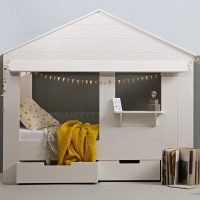How COVID-19 Lockdown May Have Affected Your Child’s Sleep with Tips to Help
Managing your child’s sleep routine can be challenging at the best of times, let alone in the midst of a global pandemic. Three experts in the field of sleep; the Sleep Charity, The Sleep Council and Sleepstation, recently joined forces to survey the nation about their children’s sleep during COVID-19 and the results have indicated that the pandemic has had a significant impact on both children’s quantity and quality of sleep.
The survey supports a newly published article from the Journal of Child and Psychology and Psychiatry, which suggests the potential for sleep problems to emerge or worsen during and following the pandemic, is high.
COVID-19 has magnified the challenges that many families were already facing with their children’s sleep patterns. Households were catapulted into having to adapt to new routines – or indeed a complete lack of routine, and the knock on effect of this appears to have affected our children beyond merely missing valuable time in school.
Let’s take a closer look at the findings from the national sleep survey;
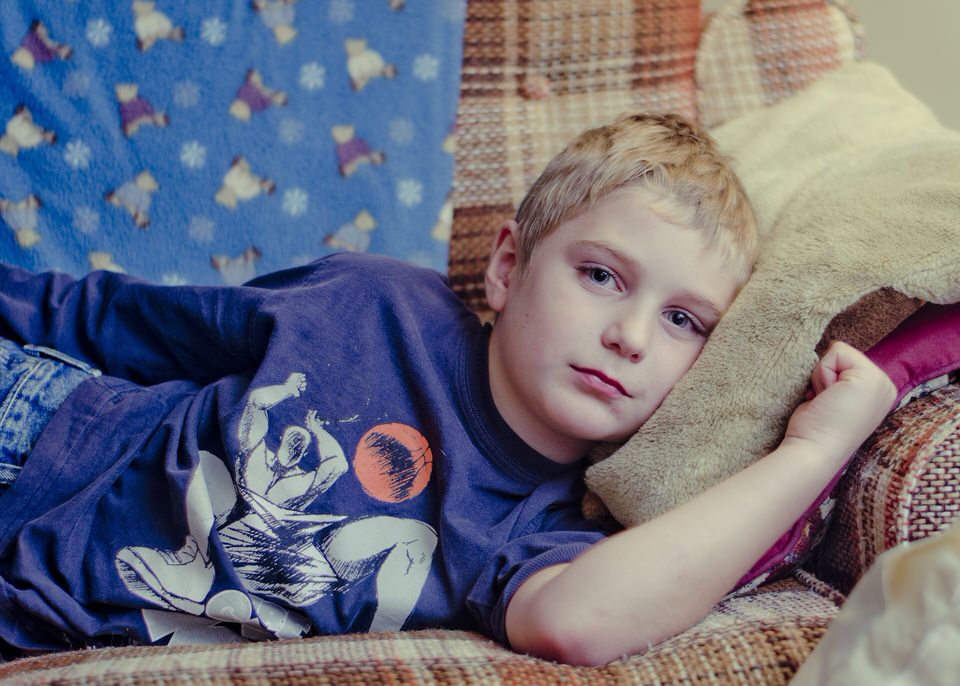
COVID-19’s Impact on Kids’ Bedtimes
The most significant finding from the sleep survey was that 70% of children under 16 are going to bed later.
As a parent myself, I appreciate the daily battle we have trying to stick to regular bedtimes for our kids. At the best of times it can feel like we’re fighting a losing battle – however the routine that everyone knows so well (it feels just like a well-worn slipper) magically keeps us all ticking along. When the entire house needs to be up, washed, dressed, fed, watered and out the door at some unearthly hour in the morning, it makes perfect sense to try and get to everyone to bed at a reasonable time!
Of course, during lockdown, this morning mayhem wasn’t a thing… we then rolled into a 6 week summer holiday, so it’s easy to see how many households eased into a more laid back approach rather than the rigidity of adhering to a strict bedtime routine.
It didn’t take long before later nights graduated into later waking, in fact the national sleep survey reported 57% of children under 16 were waking later.
So just how concerned should we be about how COVID-19 has impacted our children’s sleep? Vicki Dawson, CEO of The Sleep Charity, said:
“With limited support available, we have to recognise that Covid-19 could lead to increased sleep problems in children and young people. Ultimately that has a knock-on effect and may influence their daytime behaviour – including hyperactivity, tearfulness and irritability – and family life. In fact, the paper published in the Journal of Child Psychology and Psychiatry indicated that sleep problems could be worse for children and adolescents who are at a heightened risk for the onset of sleep and mental health disturbances.”
With schools now fully re-open and our daily routine edging back to something more normal (hold that thought until after second lockdown is over), the challenge for many parents will be re-introducing boundaries and a more structured bedtime routine again.
Vicki shares a few tips on how to re-establish routine;
- Try to keep a consistent sleep schedule. If bedtimes/wake times have drifted, start to move them slowly forward by 10 or 15 minutes every two to three days.
- Put a stop to all electronic devices an hour before bedtime.
- Try to get out in daylight for at least half an hour every day to help reset children’s body clocks.
- Try to keep all distractions out of the bedroom – ideally, use bedrooms just for sleeping.
Take a look my article, how to establish a healthy bedtime routine for children for further hints and tips.
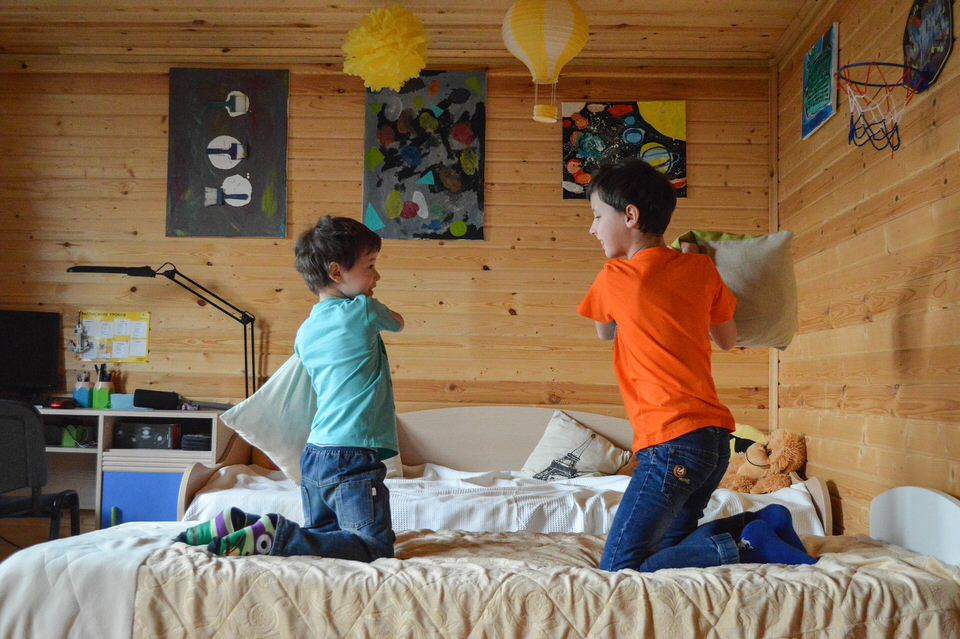
COVID-19’s Impact on Kids’ Screen Time
Screen time is a delicate topic in many family homes; with questions over how much is too much often being batted around between parents and children.
Maintaining healthy boundaries with children’s screen time has certainly been a huge challenge during the coronavirus pandemic. Screen time has undeniably increased, especially during the lockdown months and to be fair most of us would have been lost without our digital world keeping us all connected (yes… I over-indulged in a few Zoom cocktail meet ups!).
However some evidence highlights that screen time has an adverse effect on children’s sleep. With children now back at school and those early mornings well and truly back on track, the challenge for many parents will be how to reinstate those healthy screen time boundaries again.
Vicki comments;
“What’s more important is how much screen time is being used as a crux of support and how much is used before bedtime. Ideally, we would advise parents that all screens – including the TV – are turned off at least an hour before bedtime so that melatonin levels (the sleepy hormone) can increase.”
Childmind also offer up some great tips on how to manage screen time during the coronavirus crisis
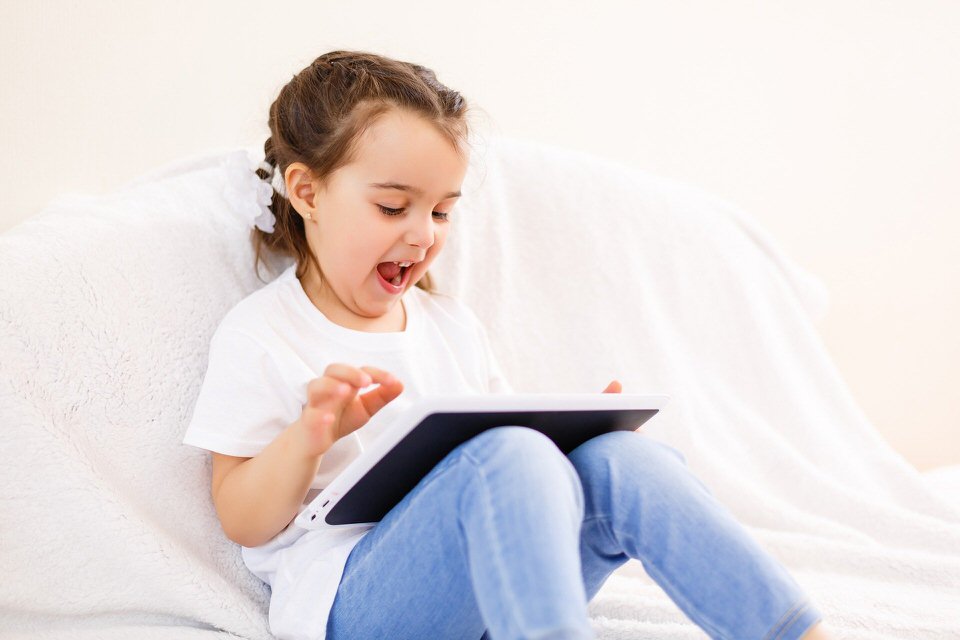
Anxiety and Sleep During the Pandemic
The Millpond Sleep Clinic, a London based children’s sleep clinic, reported a 30% rise in inquiries from parents about children aged five to 13 compared with the same period in 2018-19.
Clinic founder, Mandy Gurney said; “We have definitely seen a spike in six to eight year old children with anxiety impacting their sleep.”
Anxiety is often connected to sleeping problems, with worry and fear making it harder to fall asleep and waking in the night more common. Sleep deprivation can then worsen anxiety, causing a negative cycle that can be difficult break.
If you think you child is experiencing anxiety, try talking to them about what they are feeling anxious about. You can also reach out for support from various charities, your GP or a school health support worker. Youngminds, a charity who specifically offer advice and support for youth mental health issues, have written a really helpful article about how to support your child during the Coronavirus pandemic.
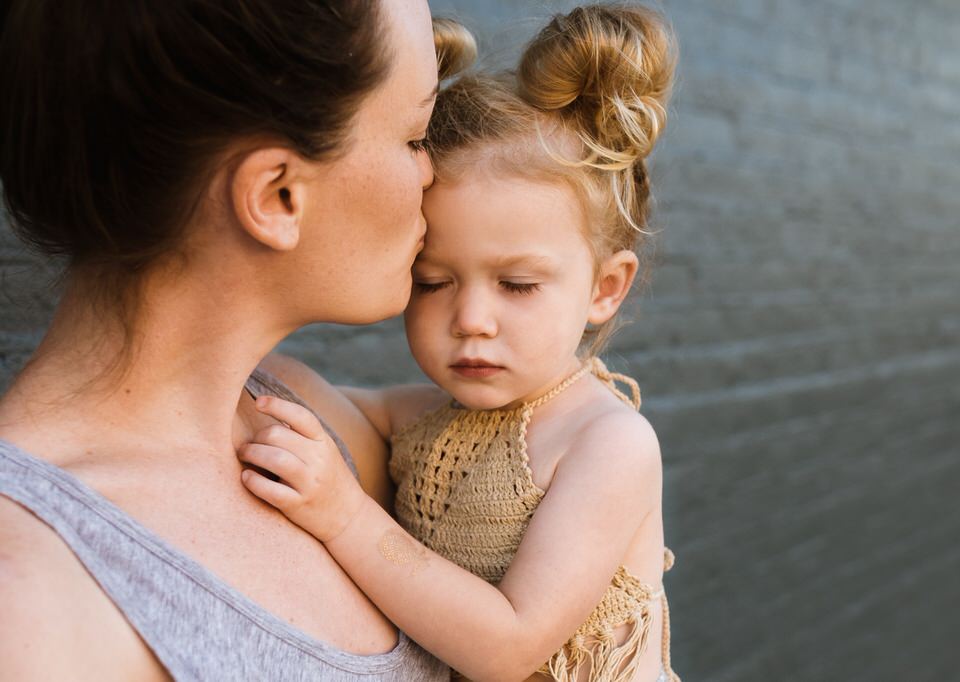
It is clear that COVID-19 has had an impact on the sleep pattern of many children and young people. However, it’s also reassuring to know that by reinstating boundaries and routines, parents can ease things back to a healthier sleep routine.
Oftentimes, a comfortable kid’s bed and a bedtime routine are a winning combo for a great night’s sleep – all this talk of sleep is making me dozy!
I’m off to don my fluffy socks and settle down with an Ovaltine!


